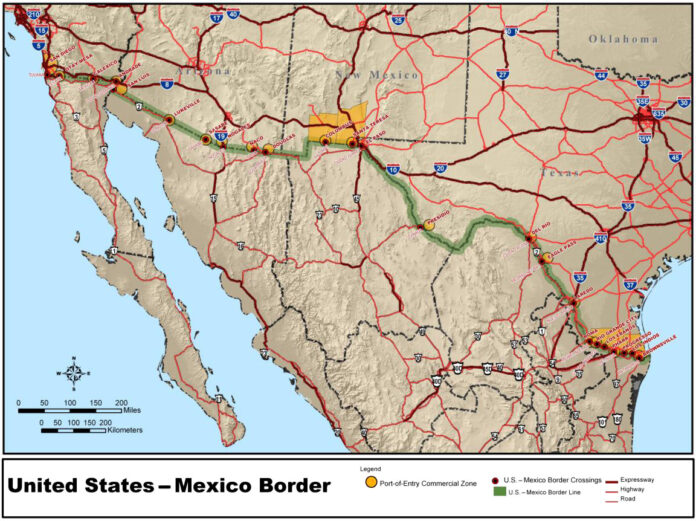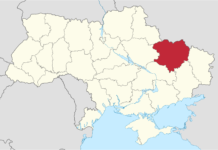The Mexican border is still seeing a significant increase in migration, which is raising worries and drawing attention to the complicated issues surrounding immigration. This continuous phenomenon results from a convergence of circumstances, including economic insecurity, political turmoil, and environmental concerns, all driving individuals and families to seek sanctuary and better prospects in the United States.
The circumstances at the Mexican border highlight the necessity of humanitarian and comprehensive immigration laws. Prioritizing effective and equitable immigration procedures should go hand in hand with addressing the core reasons for migration, such as economic inequality and violence. International collaboration and diplomacy are crucial to creating solutions that benefit the participating nations and migrants.
Efforts to handle the surge would also necessitate a balanced strategy that meets security issues while respecting human rights. Adequate funding for border control authorities and partnerships with non-governmental groups can help respond to the migratory surge more humanely and effectively.
In handling this complicated problem, authorities must acknowledge migration’s varied character and strive toward solutions that promote stability, security, and human dignity on both sides of the border.










